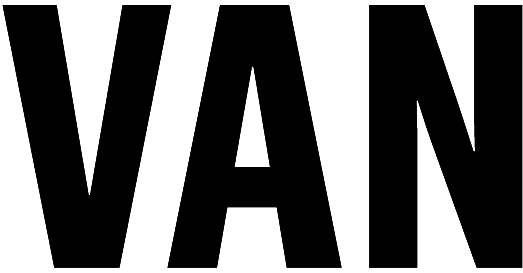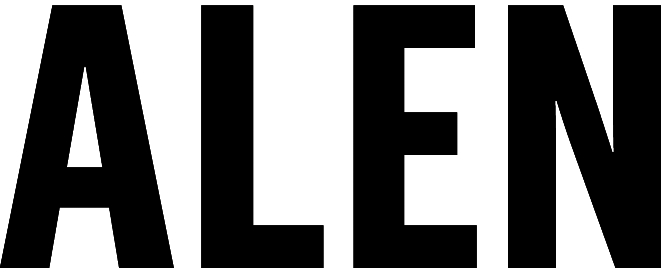2020-21 Impact Report
May 13, 2022
"If design isn’t rooted in trust built with the people it serves, it’s fundamentally exclusionary." See how our model of community-led design is working across geographies, from our homebase of Gowanus to our state’s capital of Albany, NY.
Community-led design, from our homebase of Gowanus to our state’s capital
Dear Readers
The past two years have challenged all of us, in every meaningful way. Throughout the pandemic, we’ve asked ourselves: How can Van Alen support the public spaces where our shared lives unfold?
Since our beginnings 128 years ago, we’ve invested in design education — free classes, international fellowships, and groundbreaking competitions — that surfaced new ways of thinking about the public realm. Over the decades, we’ve built an incredible network of designers and systems thinkers.
When I joined Van Alen in 2019, we began thinking about how to activate this extraordinary brain trust. Our goal: To understand the interlocked systems of power that exclude many communities from shaping their own environment, and invest in their agency and resilience.
As the pandemic’s disparate impact came into focus, this institutional shift demanded action. With the Urban Design Forum, we launched Neighborhoods Now to support NYC organizations leading their communities’ recovery. To meet immediate needs — from outdoor dining buildouts to COVID-19 safety posters — we mobilized teams of designers, planners, engineers, attorneys, financial professionals, city agents, and more. Two years later, these teams continue to collaborate on long-term recovery strategies at the neighborhood scale.
What started as a design sprint is now a platform for collective activism. These community-led partnerships aren’t just part of the design process — they are the design process. If design isn’t rooted in trust built with the people it serves, it’s fundamentally exclusionary.
This ethos now drives all our programs, whether in our own backyard or at our nation’s capital. Every day, we learn how to work better, smarter, and more collaboratively to create an equitable public realm driven by residents’ voices and visions.
This learning mindset requires experimentation, and our team jokes that everything we do is a prototype — but we’re okay with that. With the support of our history and our network, we find ourselves able and willing to experiment, to take risks, to try.
As a community of design justice advocates — diverse in expertise and lived experience — you’re all partners in bringing about this change. With great optimism, we see a future in which we forge new systems together that improve human lives.
Next year, we’ll develop a new program that enhances communities’ ability to shape the places where they live, work, and recreate. Thank you for supporting us in centering communities and we hope you’ll join our cohort of partners
in the co-creation of this project.
Warmly,
Deborah Marton,
Executive Director, Van Alen Institute

